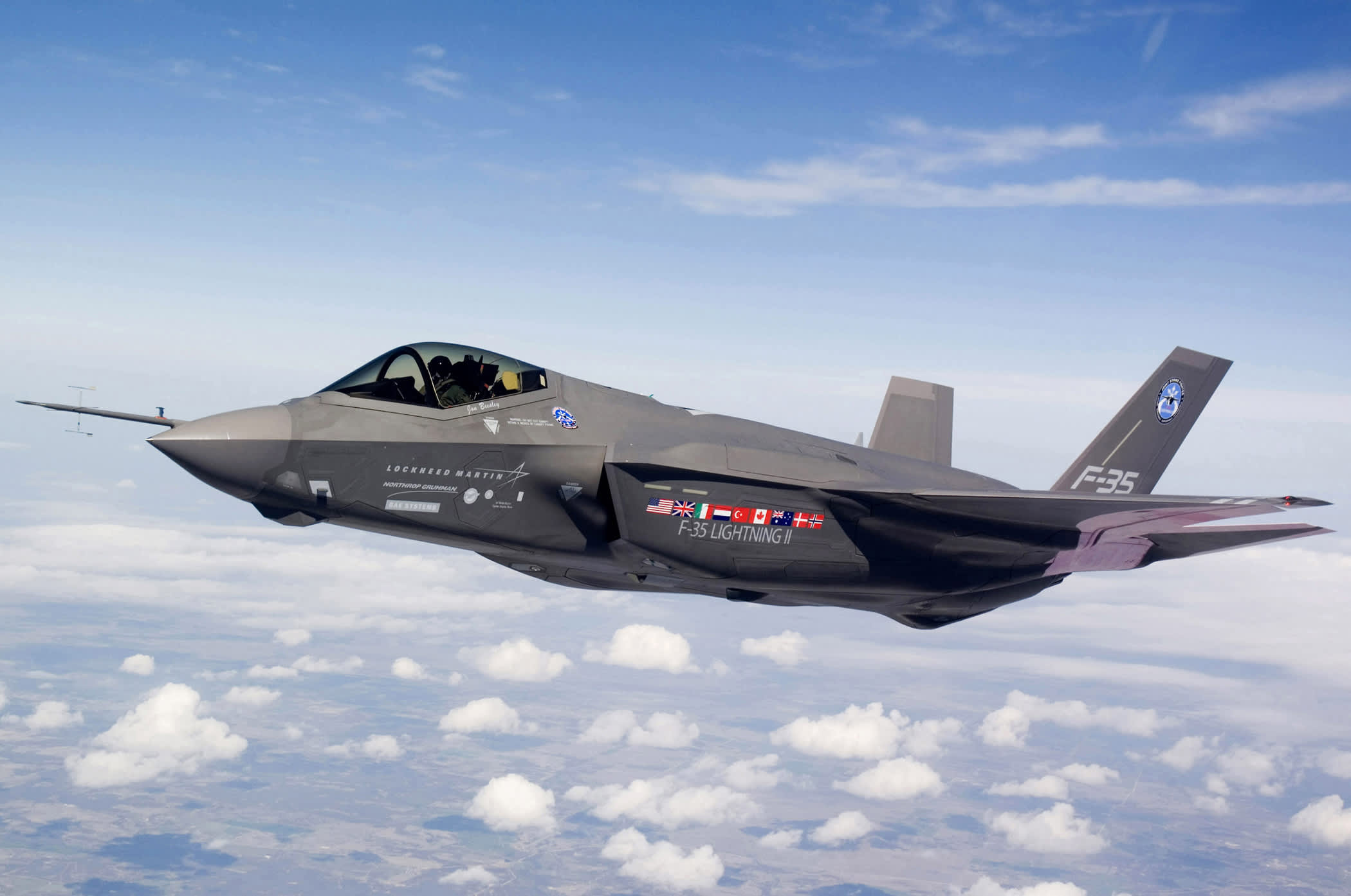Lockheed Martin F-35 Joint Strike Fighter Lightning II
Robert Sullivan | FlickrCC
Shares of defense companies outperform the broader market in the six months following a crisis event in the Middle East, according to an analysis by CNBC.
Defense stocks have risen since a U.S. airstrike killed Maj. Gen. Qasem Soleimani, Iran’s top military commander, last week. The broader market has slipped, however, with the major indexes all dropping at least 0.6% on Friday and opening in the red again Monday. That outperformance by defense stocks should continue if the market follows trends from the past three decades.
CNBC used hedge fund analytics tool Kensho to analyze market returns after major events in the Middle East, dating back to the start of the 1990 Gulf War. The analysis found that defense stocks earned double the return of the S&P 500 in the six months following a crisis event.
The price of oil is also up following the airstrike, and the analysis shows that it remains elevated over time. Gold, which has also hit recent highs since the attack, tends to return to normal after similar events.
The top performing defense stock was shipbuilding company Huntington Ingalls, with an average gain of more than 15%. Raytheon and Northrop Grumman, both of which have market caps above $60 billion, also made the top five.
Several analysts, including Citi’s Jonathan Raviv, said in client notes following the airstrike that the heightened tensions with Iran did not necessarily mean another increase in the U.S. defense budget. Trump signed a $738 billion National Defense Authorization Act last month, $21 billion bigger than the previous year’s bill.
But even without Congress increasing defense spending, defense stocks could still rise, Raviv said.
“Heightened risk perceptions tend to support defense multiples across the board,” Raviv said in a note to clients on Friday.
Analysts from Bernstein said in a client note that the budget could grow through supplements such as overseas contingency operations funding, a.k.a. the war budget, and that stocks with exposure to other governments in high threat regions could see a boost from those governments increasing defense spending.
“We have found that once checkbooks are opened, everyone reaches for the money – whether it is from parts of the DoD or from members of Congress seeking funds for their districts,” Bernstein said in a note to clients on Monday.
—CNBC’s Michael Bloom contributed to this story.
